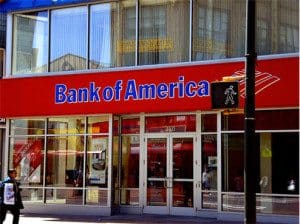CD Rate Factors
What Determines CD Interest Rates?

The term of your CD
Typically, the longer the time to maturity of your CD, the higher the effective interest rate. However, in times of economic uncertainty or crisis, this rule does not always hold.
The amount you deposit
Although conditions vary between different banks and credit unions, the trend is to pay higher rates of interest for bigger deposits. There’s a tradeoff here: having one bigger CD nets you more interest given today’s rates, but is less flexible; dividing the same capital between several CDs gets you less interest at today’s rates, but allows you more flexibility to take advantage of any positive changes in the interest rates in the future (using a strategy known as “laddering”.)
Current overall interest rates
Banks use the money from certificates of deposit to loan it out to other customers, but at a higher rate of interest, or to invest it for higher returns elsewhere. If the Federal Reserve has lowered interest rates, banks will make less money from their loans and other investments, and will pay less interest on CDs – and vice versa.
However, other factors can also change the interest rates of one CD provider compared to another:
Competitive tactics
Banks and credit unions may vary interest rates according to the kind of business they want to attract, for example, increasing CD interest rates to attract more short term business, or smaller banks or credit unions offering higher interest rates to compete more effectively with larger banks.
Insurance
A CD may offer higher interest rates because the provider is not insured by the FDIC or the NCUA and therefore does not have the expense of the insurance premium. Investors must then weigh up the pros and cons of such an offering.
Finally, as an investor, you can also determine the interest rate of a CD if you choose one with a “bump-up” option. This option allows you to change the interest rate from its initial level to a rate available in the future. You can usually do this just once. Of course, it’s the most advantageous when the CD interest rate rises after you contract your CD. It’s your choice as to when and therefore at what new rate you make the switch.

